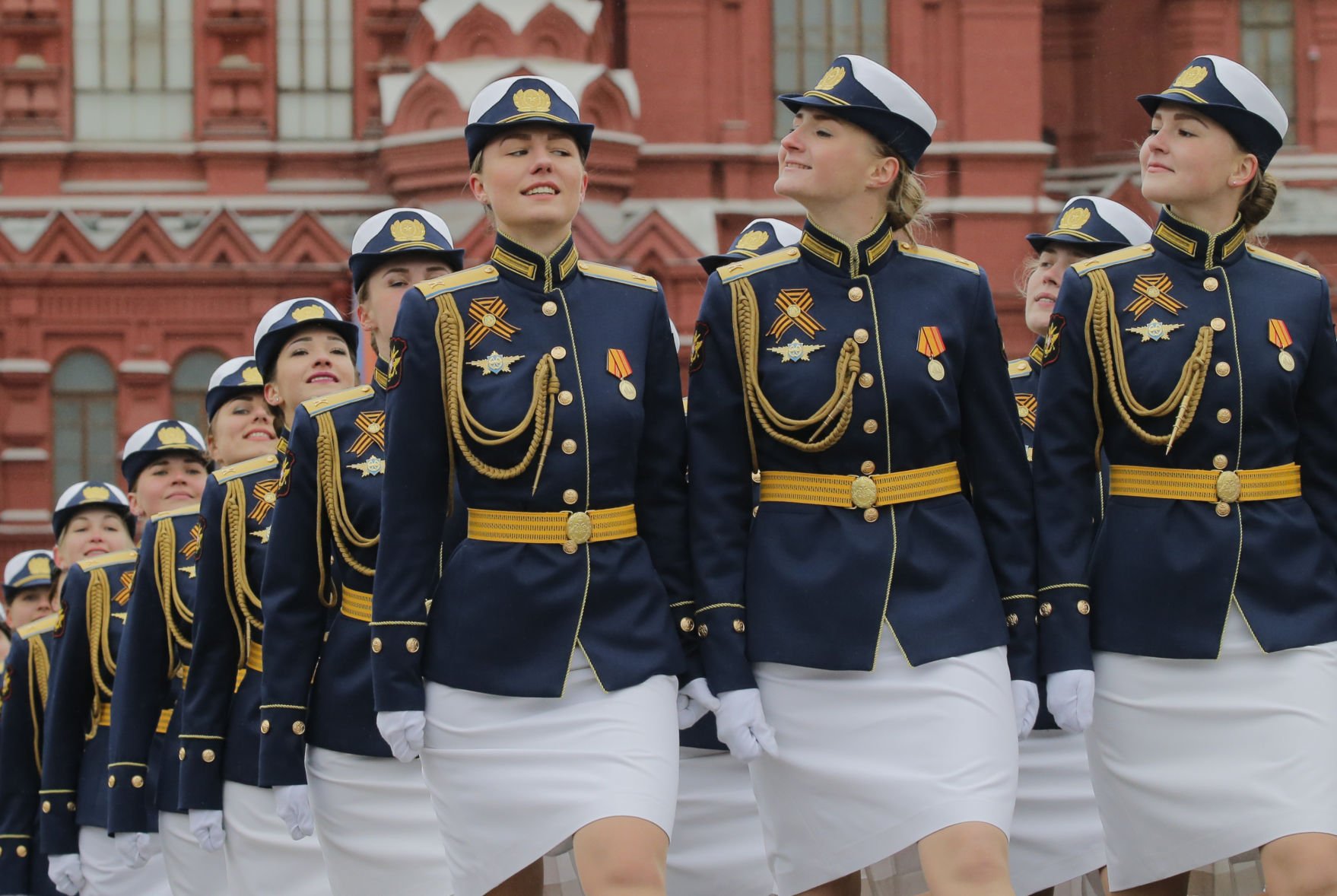

Instead of a lightning victory and a march to Kyiv, the Russians (even by conservative estimates) have lost more than 10,000 men-including a slew of generals and other senior officers-along with hundreds of tanks and scores of aircraft. So far, the Pentagon and the American intelligence services have not made any on-the-record comments, but Russia-watchers are concerned that Putin will be keen to help his military avenge the humiliation of its abysmal performance in a war where every advantage, including size and geography, initially appeared to be on the side of the Russians. Peter Pomerantsev: ‘We can only be enemies’ For more than two months, Putin and his various minions in the Kremlin and the Russian press have been railing on about Nazis and threats to Russia’s existence, and as Wallace noted, it would not be a surprise to see Putin expand his campaign against the putative Nazis in Ukraine to a war against all of “the world’s Nazis.” This would imply not only an expansion of the war against Ukraine, but also an escalation against the United States and NATO. On May 9, Putin is likely to provide a clue about whether he intends to bring that crusade to an end or extend it to a planet-threatening war.īritish Defense Minister Ben Wallace, for one, has expressed the concern that Putin will use May 9 to press for the mass mobilization of the Russian people. Russia is once again in a major war in Europe, this time as the aggressor, as Putin pursues a mad crusade to establish some sort of Christian Slavic empire to replace the Soviet Union. This year, however, the world will be listening to Putin’s speech more carefully. Over the past few decades, this kind of analysis fell by the wayside: Going to Putin’s meetings at Valdai and asking him questions directly was easier than to try to parse his public declarations. During the Cold War, Sovietologists would pay attention to such public declarations, looking for clues to Kremlin policy. It is also a day for speeches, and Russian President Vladimir Putin intends to give one. And even that wouldn’t capture what Victory Day means to Russians and to the Kremlin authorities the United States, after all, did not suffer the near-death experience of losing 27 million people. Russia’s Victory Day is a time for military parades and solemn remembrances, something like if the United States rolled Veterans Day and Memorial Day into one gigantic military-patriotic celebration. In Russia, however, it marks the surrender of Nazi Germany and the end of World War II in Europe. In the West, May 9 usually passes without much notice. Sign up for Tom’s newsletter, Peacefield, here.


 0 kommentar(er)
0 kommentar(er)
